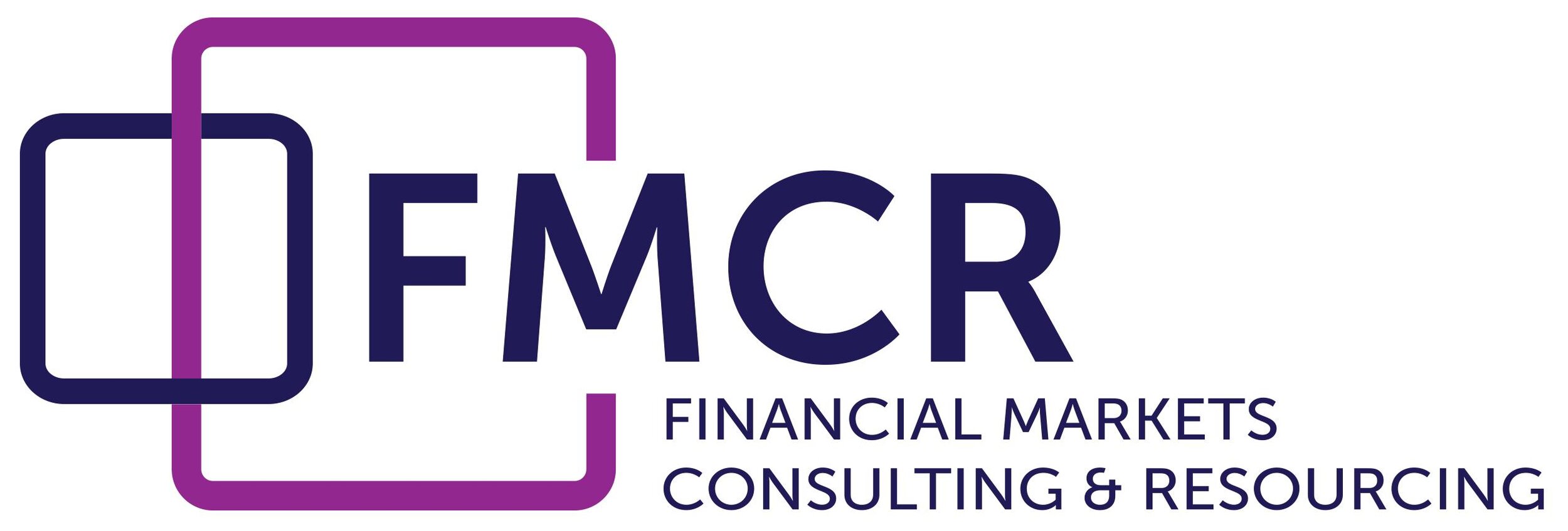ESG-Linked Derivatives: The Gaining Force & Need for Harmonization
Introduction
Derivatives with a link to environmental, social and governance (ESG) factors are growing in popularity as banks and clients are increasingly looking to demonstrate or strengthen their sustainability credentials.
The “ESG” component can take a number of forms, including variable ESG premiums based on derivative notionals and/or tenors, and ESG performance-linked bond coupon payments.
The current market is embryonic and there is a lack of standardization which commonly accompanies this early state, as was recently recognized by ISDA in its’ January 2021 report.
Recent Developments
ESG-linked bonds have been around for several years, with early ESG-interest rate swaps transacted in 2019.
But, over recent months, banks have been more actively engaging in ESG-related discussions with their clients across a wider array of Treasury products. These include FX Forwards & Options, Interest Rate Swaps, and Cross-Currency Swaps.
There have also been moves to link short-term derivative transactions with longer-term sustainability KPIs. Whilst this presents additional “linkage” complexity, it clearly opens up a much broader range of products.
The enthusiasm for linking traditional products with an ESG element is being driven by a strong desire to connect day-to-day Treasury business with KPIs, which drive positive behaviours.
For example, a major participant, Drax, has:
• set KPIs connected to reducing its carbon intensity
• recently added FX to its growing list of sustainability-linked product, and
• is considering extending its sustainability-liked KPIs into its inflation and interest rate products
Lisa Dukes, Drax Director of Corporate Finance & Derivatives, said:
“We hope that these types of sustainability agreements will become business as usual rather than the exception. The aim is to continue to demonstrate that sustainability is at our core and have these embedded within our trading philosophy going forward, continuing to work with our stakeholders on a long-term basis to drive and deliver positive actions and performance, and hopefully encouraging others to do the same.”
Lack of Standardization
In a somewhat reminiscent fashion to the early days of derivatives trading back in the 1980s, there is currently little standardization of the ESG-linkage component. Transactions are still happening on a tailored, individual and ad-hoc basis.
This brings some obvious challenges around pricing and margins, valuation consistency, activity monitoring and recording, and secondary-market tradability, to name a few.
In January 21, ISDA released an informative paper “Overview of ESG-related Derivatives Products and Transactions” in which it highlighted the wide range of idiosyncratic features of the ESG-related trades, ranging from price incentives and penalties, to social innovation sponsorship and charitable donations.
In it, ISDA also recognized the need for creating consistency, commenting:
“The financial service industry needs to develop globally consistent ESG standards, best practices and taxonomies to ensure investment products are consistent and verifiably accurate in terms of delivering sustainable and socially responsible outcomes.”
Summary
Over time, some forms of standard-form documentation will surely emerge.
As things are, however, with the apparent absence of a common formal control structure, there is a creation of potential accounting, market, operational and conduct risks.
The laudable positive momentum has the potential to be restricted by a fragmented pricing environment and this somewhat uncontrolled approach could, in turn, serve to restrict the ESG-linked growth.
Given the sustainability benefits that adoption of ESG-linked derivatives can bring, it seems desirable that corporates and banks should seek to inject a sense of urgency into the introduction of some “harmonization” measures.
FMCR have a team of energy-and-renewables specialists who work closely with our FX and Rates consultants. For a private discussion on your ESG-linked portfolio, please contact info@fmcr.com.
